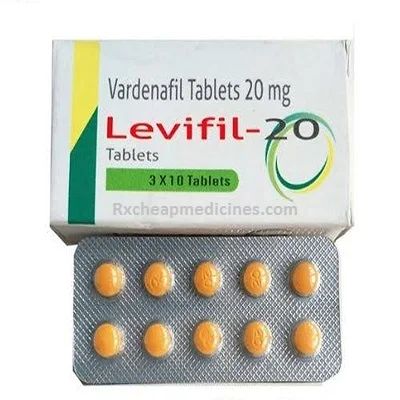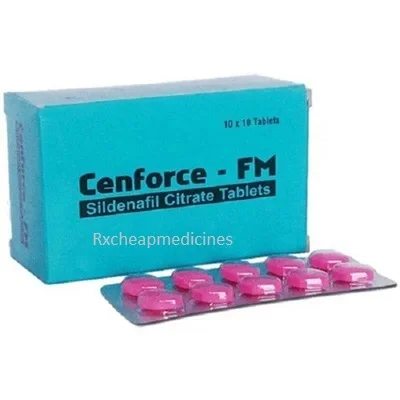
The Implications of Low Testosterone
Testosterone, often hailed as the quintessential male hormone, plays a pivotal role in various physiological and psychological functions. Produced primarily in the testes, testosterone influences everything from muscle mass and bone density to libido and mood. However, when testosterone levels drop below the normal range, it can give rise to a multitude of issues that extend beyond the stereotypical concerns of diminished muscle tone or sexual dysfunction. In this exploration, we delve into the intricate web of complications associated with low testosterone levels and shed light on the far-reaching consequences for men’s health.
Physical Manifestations
Loss of Muscle Mass and Strength
Testosterone is a key driver of muscle development and maintenance. Low levels can lead to a decline in muscle mass and strength, making it challenging for individuals to engage in physical activities and maintain overall fitness. This not only affects body composition but can also contribute to a sedentary lifestyle, exacerbating the risk of weight gain and related health issues.
Know More: – Buy Cheap 100mg Caverta Sildenafil Tablets
Decreased Bone Density
Beyond its role in muscle health, testosterone plays a crucial part in maintaining bone density. Low testosterone levels can lead to decreased bone mineral density, raising the risk of osteoporosis and fractures. Weakened bones can compromise mobility and overall skeletal integrity, posing a serious threat to long-term health.
Increased Body Fat
Testosterone is inversely related to body fat percentage. Low testosterone levels may contribute to an increase in body fat, particularly around the abdomen. This not only affects physical appearance but also raises the risk of cardiovascular issues and metabolic disorders.
Metabolic Implications
Insulin Resistance and Diabetes
Low testosterone levels have been linked to insulin resistance, a condition where cells become less responsive to insulin, leading to elevated blood sugar levels. This association increases the risk of developing type 2 diabetes, a chronic metabolic disorder with wide-ranging health implications.
Dyslipidemia
Testosterone plays a role in regulating lipid metabolism. Low testosterone levels may contribute to dyslipidemia, characterized by abnormal levels of cholesterol and triglycerides. This imbalance can heighten the risk of atherosclerosis, heart disease, and other cardiovascular complications.
Mental and Emotional Health
Mood Swings and Irritability
Testosterone has a significant impact on mood regulation. Low levels can contribute to mood swings, irritability, and even symptoms of depression. The emotional toll of hormonal imbalances can strain relationships and affect overall well-being.
Know More: – Buy Cheap Kamagra Oral jelly 100 mg
Reduced Cognitive Function
Emerging research suggests a link between low testosterone levels and cognitive decline. Memory lapses, difficulty concentrating, and a decline in overall cognitive function may be associated with insufficient testosterone levels, posing concerns for long-term mental health.
Fatigue and Reduced Energy Levels
Testosterone is instrumental in maintaining energy levels and combating fatigue. Men with low testosterone may experience persistent fatigue, lethargy, and a general lack of motivation, impacting their ability to engage in daily activities and maintain a healthy lifestyle.
Sexual Health
Erectile Dysfunction
Perhaps one of the most commonly known consequences of low testosterone, erectile dysfunction can significantly impact a man’s confidence and quality of life. Testosterone contributes to the maintenance of penile tissue and the regulation of blood flow to the genital region, and its deficiency can lead to difficulties in achieving and sustaining erections.
Know More: – Buy Cheap Cernos Soft Gelatin Capsule
Reduced Libido
Testosterone is a key driver of sexual desire. Low levels may result in a reduced libido, affecting intimate relationships and overall satisfaction. Addressing testosterone deficiencies can play a pivotal role in restoring sexual health and well-being.
The consequences of low testosterone extend far beyond the stereotypical image of diminished muscle mass and sexual dysfunction. From impacting physical health and metabolic balance to influencing mental and emotional well-being, testosterone plays a multifaceted role in men’s health. Recognizing the signs of low testosterone and seeking timely intervention can pave the way for targeted treatments, improving overall health and quality of life for individuals grappling with hormonal imbalances. As our understanding of hormonal intricacies continues to evolve, addressing low testosterone emerges as a crucial component in the broader landscape of men’s health.
Read Also: – Can tadalafil be safely used by men with diabetes who have severe erectile dysfunction?









